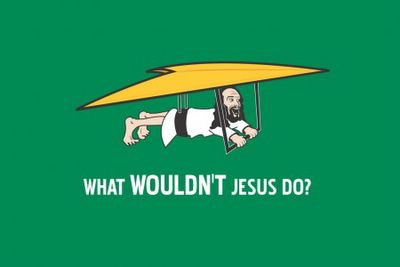Individualism/Communitarianism
<< Seven dimensions of culture index
In a more individualistic culture, each person is understood to be born alone. They tend to see themselves as individuals rather than as members of a community. One's own satisfaction is seen as most important, so people make decisions based on the impilcations for them and their immediate family. The standard of living is understood to be highly dependent on opportunities for individual freedom and self advancement, like in the American dream. A community is evaluated based on how well it serves the interests of it's individual members.
In a culture that has a more communitarian tendency, a person is understood to be born into community - the family, the neighbourhood, the tribe, the country, et cetera. The community is regarded as being more important the individual. Every individual is responsible for looking after the whole community's interests. In this way, it is expected that the needs of every individual will be met.
The quality of life for each person is seen as being dependant on how much well they take care of their fellow human beings, even if at the cost of their own freedom. A member of a communitarian culture assumes that if they take care of others, then when they are in trouble someone else will atke care of them. A person is judged according to how well they serve the community.
It seems to me that the early church was very communitarian:
All the believers were together and had everything in common. Selling their possessions and goods, they gave to anyone as he had need. Every day they continued to meet together in the temple courts. They broke bread in their homes and ate together with glad and sincere hearts, praising God and enjoying the favor of all the people.
Acts 2:44-47
All the believers were one in heart and mind. No one claimed that any of his possessions was his own, but they shared everything they had.
Acts 4:32
There were no needy persons among them. For from time to time those who owned lands or houses sold them, brought the money from the sales and put it at the apostles' feet, and it was distributed to anyone as he had need.
Acts 4:34-35
Do you think that your culture is more communitarian or more individualistic? Have you ever expeienced a culture that was the oppsite?
I think that Western culture slowly is becoming more communitarian, as a reaction against extreme individualism. But I think that the Western institutions (eg. the church, the mass media, the education system) are trying to maintain our individualism.
What do you think?
<< Seven dimensions of culture index




